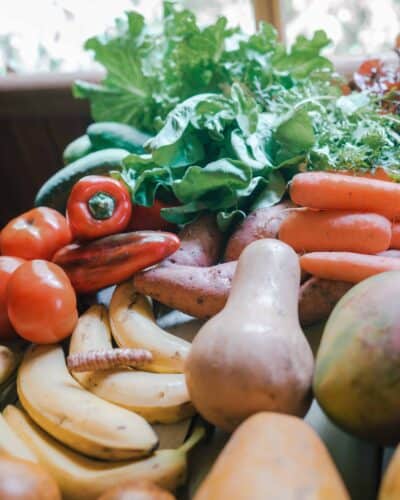Every time we go to the supermarket or buy something, we make important decisions that impact us and the environment. By choosing products from companies that care about nature and people, we use our power as consumers to change the world. As simple as selecting an organic carrot instead of a non-organic carrot may seem, the environmental impact is significant. This post discusses why organic is better for us, and our planet and how crucial and influential yet seemingly small choices are.
Eco-friendly companies and the others
There are two types of companies: the ones that care about the environment and society, and the ones that practice depletion, plundering the planet, and exploit the people. For us, supporting the former is a no-brainer. The big challenge for us customers is to separate the wheat from the chaff.
Don’t be fooled by marketing tricks
Usually, consumers decide based on emotions instead of facts. Therefore, companies are trying to trick people with marketing techniques. For example, using earthy colors for packaging make products look more eco-friendly. But on closer inspection, the opposite may be the case. Therefore, we need something that helps us determine which products do not harm the environment and respect people. At this point, product labels like the USDA Organic Label and EU Organic Label join the game.
Organic vs. non-organic
In most countries, the term “organic” or “bio” is regulated and must only be used when the respective label requirements are met. Unfortunately, there are many labels out there, and only a few exceed the minimum requirements.
The definition of organic
The “International Federation of Organic Agriculture Movements” (IFOAM) defined Organic Agriculture as followed.
Organic Agriculture is a production system that sustains the health of soils, ecosystems, and people. It relies on ecological processes, biodiversity, and cycles adapted to local conditions, rather than the use of inputs with adverse effects. Organic Agriculture combines tradition, innovation, and science to benefit the shared environment and promote fair relationships and good quality of life for all involved.
International Federation of Organic Agriculture Movements (IFOAM)
Put organic labels to the test
Therefore, by choosing organic products, we support companies that consider nature and grant fair working conditions. Also, genetically modified organisms (GMOs) are not allowed in organic farming. In any case, we suggest checking on the internet what the organic labels used in your area cover.
For example, we found that granting fair working conditions and labor is not always covered by organic labels; it is necessary to watch for additional specific labels for fair trade. This task is a bit of work initially, but once done, you’re going to be more confident when shopping.
No label may be organic too
There’s an important thing we must keep in mind when we talk about organic and labels, especially with food. Farmers are free to choose how they run their farm. They don’t need to go through a costly certification process to have permission to do organic farming. Therefore, buying groceries from a local farmer near you, even if they are not certified, maybe the best and cheapest option. It’s best to talk to your farmer to get to know more.
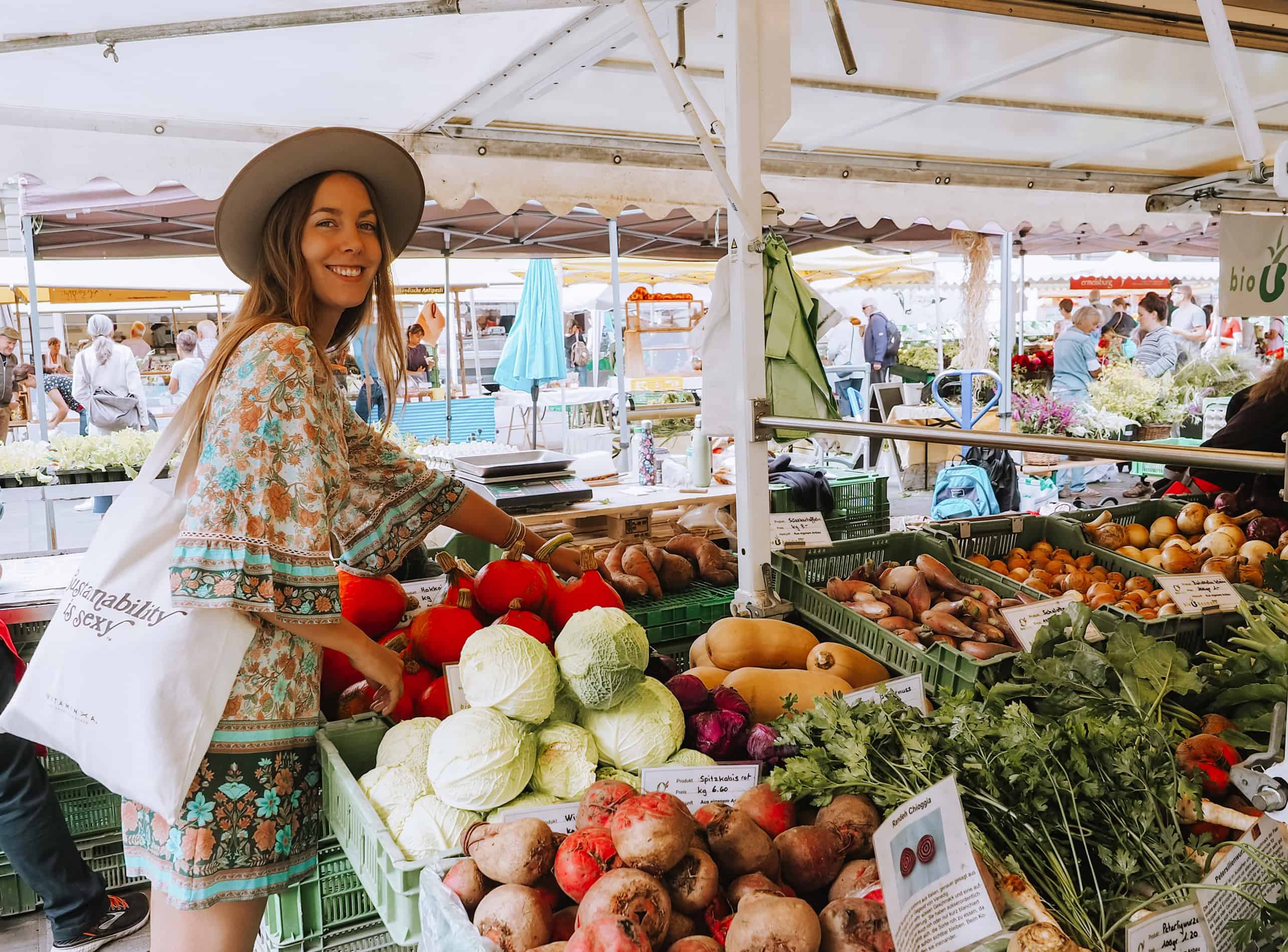
Why organic is better for you
The short answer to this question is yes. The three main aspects to consider are pesticides, nutrient density, and antioxidants.
Lower exposure to toxins
In organic farming, the use of pesticides is strictly regulated, and only a few, mostly natural pesticides, are allowed. Therefore, organic foods like fruits and vegetables are not contaminated with harsh and toxic chemicals. This is good for the soil, for insects, the farmers, and your body. Because the lower levels of toxins you have in your body (you can’t get completely rid of it), the healthier you are. Besides, as toxins can enter the body through our skin, wearing clothing from natural and organic materials is crucial.
Antioxidants for healthy body cells
Due to the minimal use of pesticides, the plants on organic farms have to protect themselves from insects and fungi. Plants do so by producing antioxidants, also known as phytochemicals. These are the plant’s natural protection and support the human body’s ability to reduce oxidative stress. Less oxidative stress is the foundation of healthy cells, and they are the basis of a healthy body. Therefore, eating daily lots of organically grown foods helps protect your body from the bad effects of stress.
More nutrients for a stronger immune system
Also, organic food is denser in nutrients than conventionally grown food. Therefore, you get more from less. This comes in handy when thinking of fighting world hunger. As you need less space for growing, you also need less water for watering the field. As nutrients like vitamins, minerals, and antioxidants are the foundation of a strong immune system, building a daily healthy eating habit is crucial.
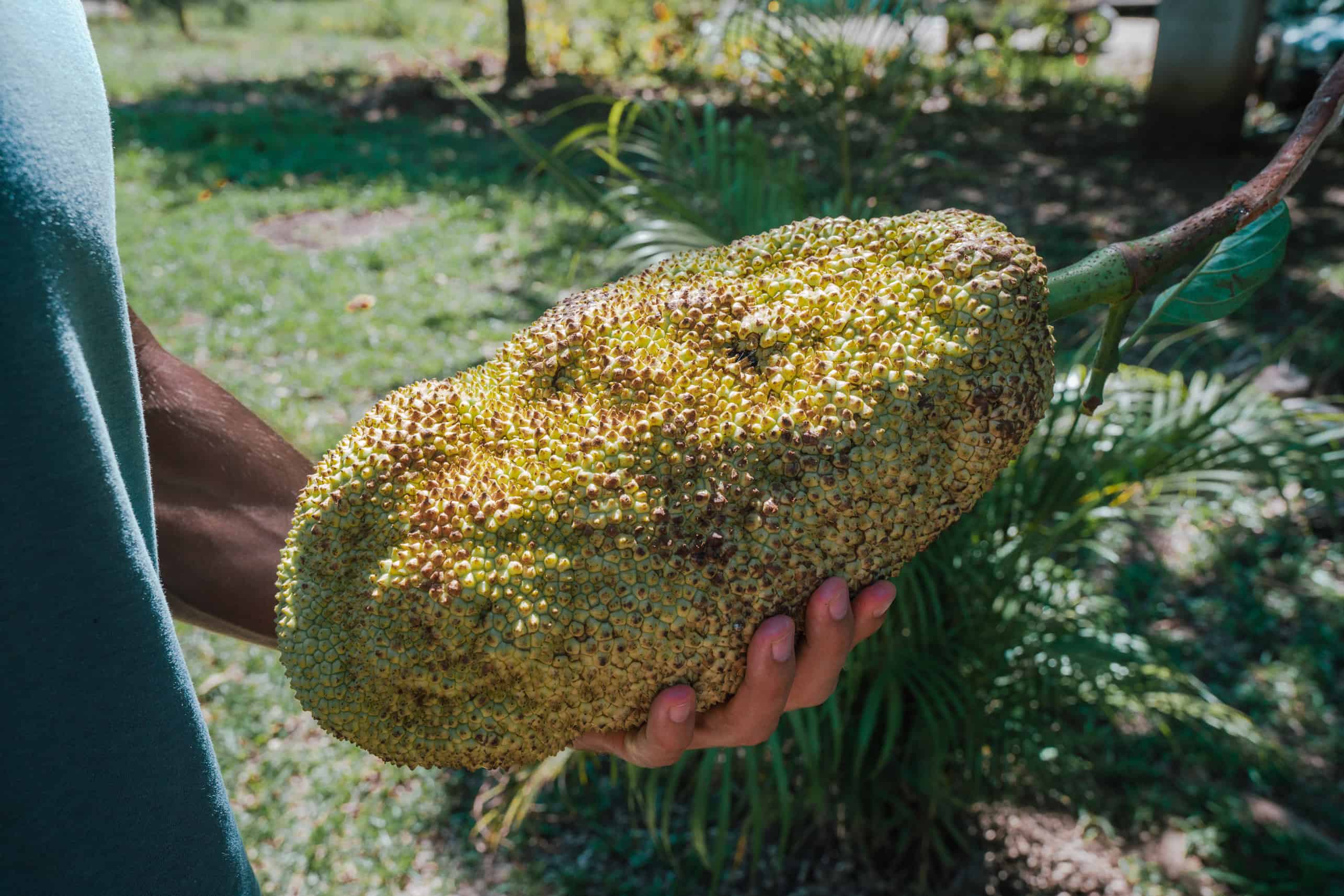
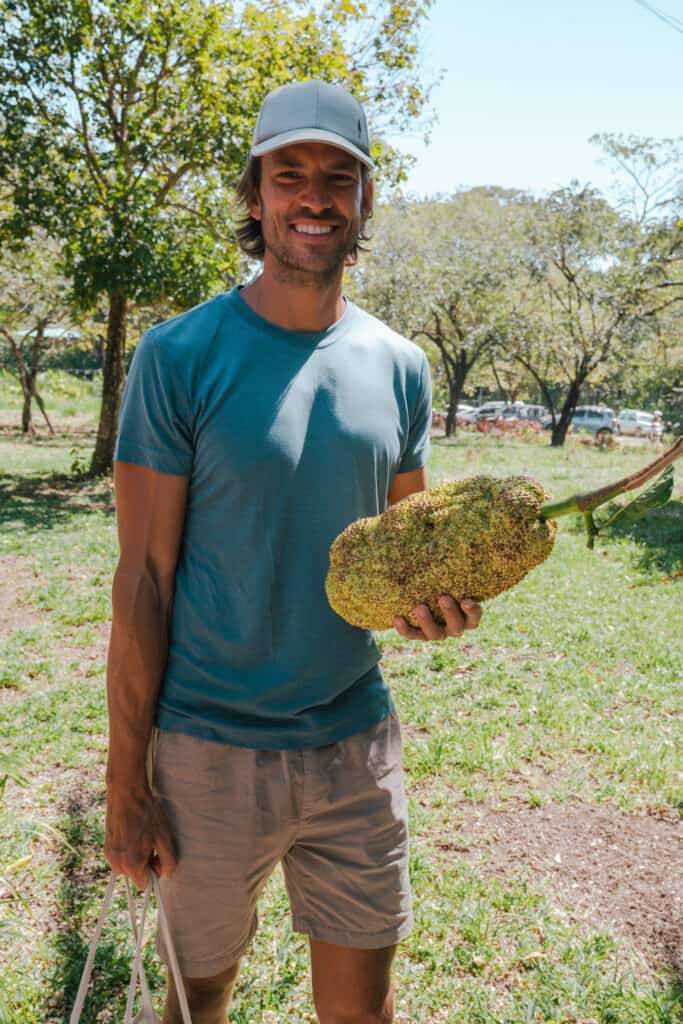
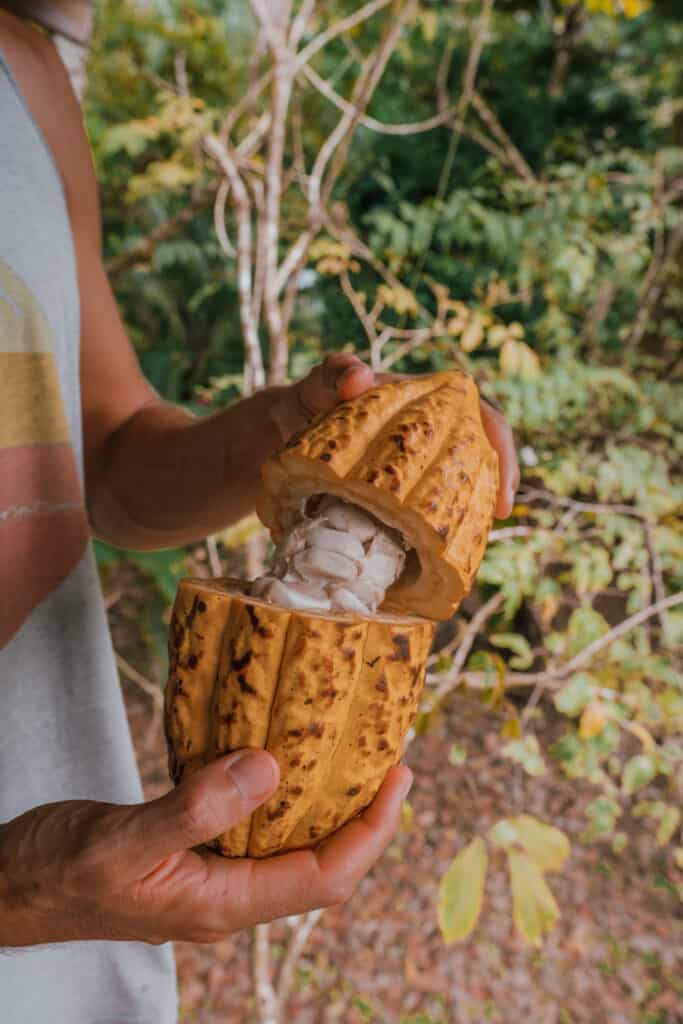
Why organic is better for the environment
Again, the short answer to this question is yes. The main aspects to consider, in our opinion, are pesticides, genetically modified organisms (GMOs), the destruction of ecosystems, and biodiversity.
Keeping the soil healthy and fertile
As already mentioned, using no or at least much fewer and not harmful natural pesticides in organic farming makes a big difference. On a field, every square inch of soil is a complex ecosystem consisting of microorganisms, insects, and much more. For a good harvest of nutritious food, the soil must be healthy.
Using harsh synthetic pesticides and fertilizers repeatedly, we destroy these ecosystems, leach out the ground, and poison the groundwater. This mistreatment of the soil dries out the ground, and it loses its ability to save the rainwater. If the water can’t seep into the ground, it leads to both floods and drought. Besides, plants need insects like bees to grow, which get killed by the same pesticides. No bees, no food. Therefore, by choosing organic and supporting farmers who take care of nature, we help the planet and humanity a lot more as we think.
Protecting biodiversity by supporting small farmers
Organic is relevant for food and in the production of raw materials for industries like cotton. In India, where most of the cotton for clothing comes from, 95 % of the cotton is genetically modified. The reason is that the amount of cotton required by the industry is tremendous. To supply the need, farmers had to switch to more intensive farming methods and monocultures.
Before, farmers always cultivated cotton and food in the same field, which corresponds to a biodiverse cultivation method. This way, buying extra food was no issue. Nowadays, farmers have to purchase seeds for cotton and food to feed their families. This situation has led and continues to lead to the indebtedness of the otherwise already poor farmers.
In many cases, debt and despair become so great that farmers commit suicide. Between 1995 and 2012, 284’000 cotton farmers in India committed suicide. We can stop this, and the first best step is to buy sustainable clothing.
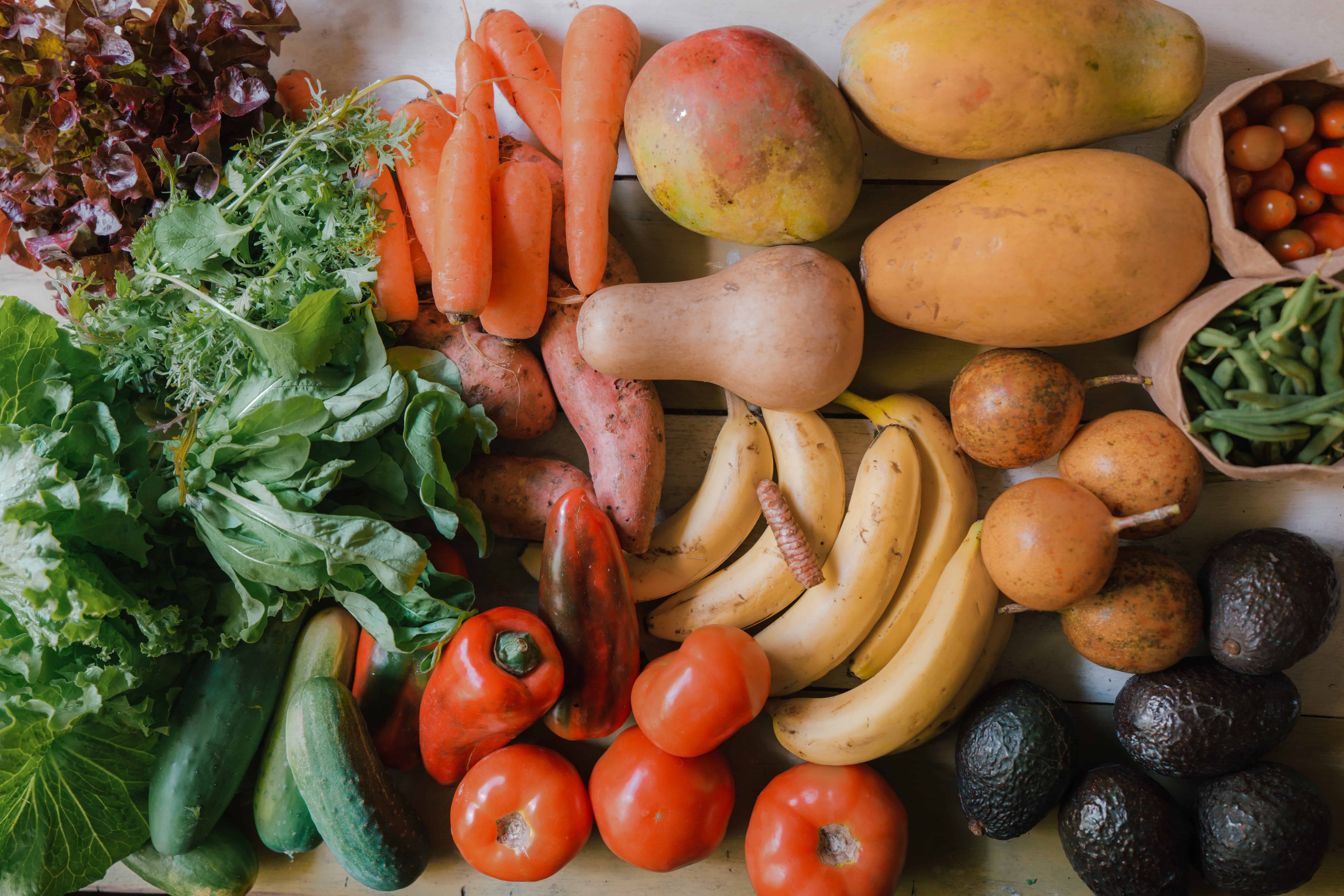
Conclusion on why organic is better
In our opinion, buying organic food and products is a powerful and easy decision to support the environment, farmer families, and health. We admit that organic products are sometimes, not always, more expensive. But when thinking about it right, this is the true cost we have to pay to be sure everyone involved receives its fair share.
Regarding food, it’s always best in terms of quality and fair prices to look for an organic farmer near you and buying food from a local farmer’s market. Doing so reduces the environmental impact by transporting food worldwide. Besides, you support the local economy.
When buying new stuff, look out for certified organic products. Don’t worry if you struggle at the beginning and having problems finding the right products. Trust us if we say that we have been at this point too and still struggle sometimes. But the good thing about it is that you will learn a lot about the food you eat, the beauty products you use, and the clothes you wear. And at a certain point, the overwhelm gives way to a sense of pride and satisfaction in giving something back to nature.
